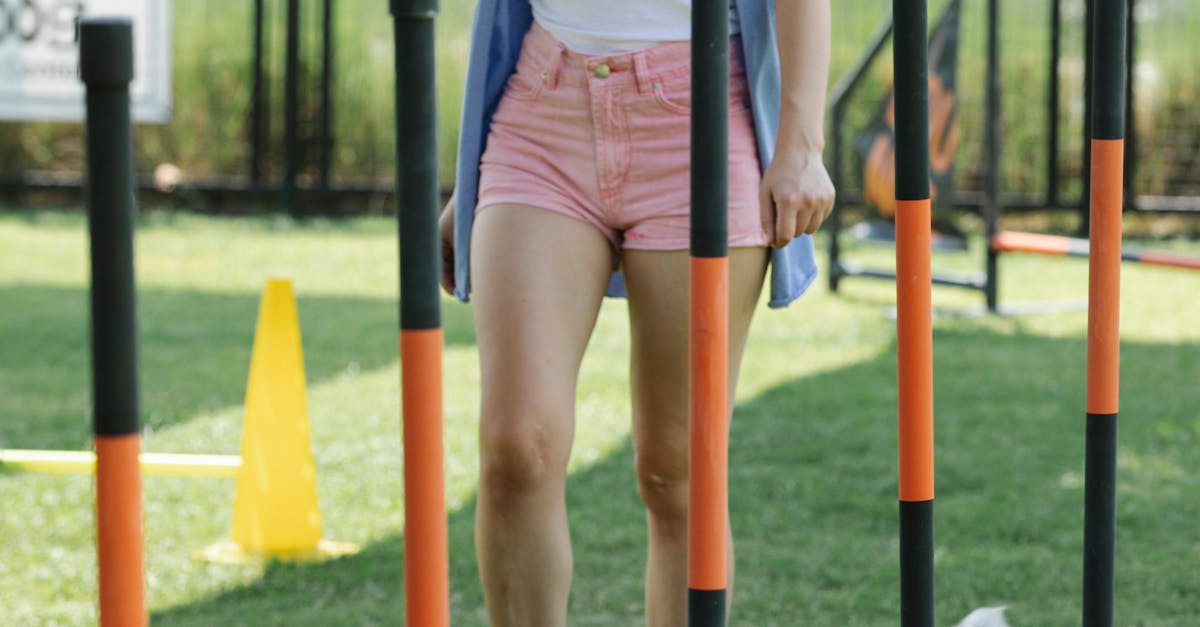Understanding the Howl: A Common Canine Behavior
It’s common knowledge that dogs communicate in a variety of ways, and howling is one of their most distinctive vocalizations. But why do dogs howl? To put it simply, howling is a natural behavior inherited from their ancestors, the wolves. Dogs use it to communicate with their pack, express emotions, or respond to certain stimuli like sirens or other dogs howling.
However, when howling becomes excessive, it can be a source of frustration for both the dog owner and the neighbors. If you’ve found yourself wondering why your dog howls so much, you might find this helpful: understanding the root cause of the behavior is the first step in addressing it.
Why Excessive Howling Happens
Separation Anxiety
Imagine if you were left alone for hours without any company or stimulation. It’s safe to say that you’d get pretty anxious, right? Dogs are no different. Separation anxiety is a leading cause of excessive howling. When left alone, dogs may howl to express their distress and to try to call their owners back.
Environmental Triggers
Certain sounds can trigger a dog’s howling. Sirens, alarms, or even other dogs howling in the distance can set off a chain reaction. It hit me that many dogs are highly sensitive to these auditory cues and can’t help but respond.
Medical Issues
A little-known fact is that howling can sometimes indicate a medical issue. Pain, discomfort, or cognitive dysfunction can cause a dog to howl more than usual. If you suspect this might be the case, it’s crucial to consult a veterinarian.
Attention-Seeking
Dogs are social animals and love attention. Sometimes, they howl simply because they’ve learned that it gets a reaction from their owners. If I had to guess, your dog might have figured out that howling brings you running, even if it’s just to tell them to be quiet.
Boredom or Lack of Exercise
Dogs need physical and mental stimulation. Without enough exercise or activities to keep them occupied, they can become bored and resort to howling as a way to release pent-up energy.
Effective Strategies to Curb Excessive Howling
Addressing Separation Anxiety
To tackle separation anxiety, gradually accustom your dog to being alone. Start by leaving them alone for short periods and gradually increase the duration. Providing a safe and comfortable space, along with toys or puzzles to keep them occupied, can also help. Speaking from experience, a consistent routine can make a world of difference.
Desensitization to Triggers
Desensitizing your dog to specific triggers can be an effective strategy. For instance, if sirens set off your dog’s howling, play recordings of sirens at a low volume and gradually increase the volume over time. Reward your dog for staying calm during these sessions. This technique can help them become less reactive to the triggers.
Medical Check-Up
If your dog’s howling is sudden or accompanied by other signs of distress, a visit to the veterinarian is essential. A thorough check-up can rule out any underlying medical issues that might be causing the behavior.
Positive Reinforcement
Positive reinforcement can work wonders in modifying your dog’s behavior. Reward your dog with treats, praise, or playtime when they are quiet. This encourages them to associate silence with positive outcomes. On that note, avoid reinforcing the howling by giving them attention when they howl.
Increased Physical and Mental Stimulation
Ensuring your dog gets enough exercise and mental stimulation can significantly reduce boredom-induced howling. Regular walks, playtime, and interactive toys can keep your dog engaged and less likely to howl out of boredom.
Tools and Techniques to Aid in Training
Anti-Anxiety Products
There are various products designed to help reduce anxiety in dogs, such as calming sprays, anxiety wraps, and diffusers that release calming pheromones. These can be particularly useful for dogs with separation anxiety.
Professional Training
Sometimes, professional intervention is necessary. A certified dog trainer or a behaviorist can provide personalized strategies and training techniques tailored to your dog’s specific needs. It’s interesting how a professional’s perspective can sometimes reveal solutions you might not have considered.
Soundproofing
If environmental noises are the main trigger for your dog’s howling, consider soundproofing your home or creating a quiet space for your dog. This can help reduce their exposure to the noises that set them off.
Real-Life Success Stories
Max’s Transformation
Here’s a quick story about Max, a Labrador Retriever who used to howl incessantly whenever his owner left the house. The owner, frustrated and at her wit’s end, sought the help of a professional trainer. Through a combination of desensitization techniques, increased exercise, and the use of calming products, Max’s howling significantly decreased. The owner was struck by how quickly Max adapted to the new routine.
Bella’s Journey
Bella, a Beagle, had a habit of howling at every siren she heard. Her owner decided to try desensitization training. Over several weeks, Bella was exposed to recordings of sirens at gradually increasing volumes. Paired with positive reinforcement, Bella learned to stay calm, and her howling reduced dramatically. Looking back, the owner couldn’t believe how effective the training was.
The Benefits of Addressing Excessive Howling
Improved Quality of Life
For both the dog and the owner, reducing excessive howling can lead to a more peaceful and enjoyable living environment. It’s clear that a calm and content dog contributes to a happier household.
Better Relationships
Addressing the root causes of howling can strengthen the bond between you and your dog. When your dog is happier and less anxious, it goes to show that your relationship can flourish.
Enhanced Well-Being
Dogs that are mentally and physically stimulated are generally healthier and more well-adjusted. By addressing the reasons behind their howling, you’re contributing to their overall well-being.
Taking the Next Step
Now that you think about it, addressing your dog’s howling doesn’t have to be a daunting task. With the right strategies and tools, you can help your dog become more relaxed and less vocal. If you’re struggling with excessive howling, consider consulting a professional trainer or veterinarian to tailor a plan specific to your dog’s needs.
Remember, patience and consistency are key. Your dog’s howling is their way of communicating, and with time and effort, you can help them find healthier ways to express themselves.
Here’s a thought: imagine a quieter, more peaceful home where your dog is happy and content. It’s not just a dream—it’s entirely achievable with the right approach. So take the first step today and start working towards a solution that benefits both you and your furry friend.
If you found this article helpful, feel free to share it with other dog owners who might benefit from these tips. For more in-depth information and resources, check out this comprehensive guide on dog behavior.
By addressing the underlying causes of your dog’s howling and implementing effective strategies, you can create a harmonious living environment for both you and your canine companion. Here’s to a quieter, happier home! 🐾










